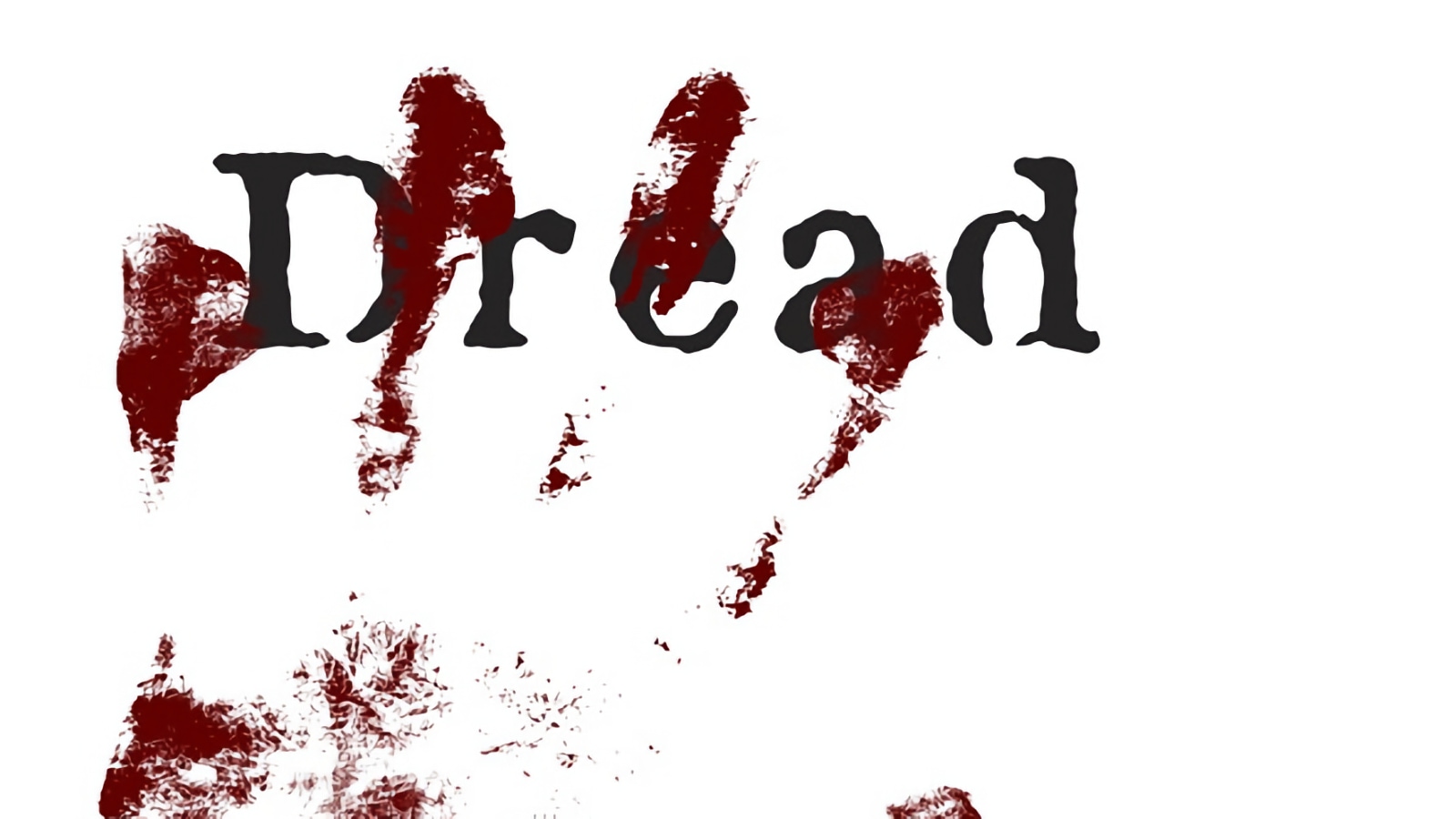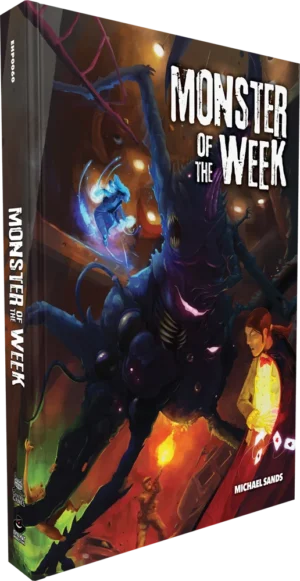Dread Horror; Psychological; Dark; Innovative Mechanics; Collaborative Worldbuilding; GM-less / Cooperative
Dread is a horror tabletop role-playing game distinguished by its use of a Jenga tower instead of dice to resolve uncertain situations. This mechanic inherently builds tension as the game progresses and the tower becomes more unstable, mirroring the rising stakes of the narrative. Designed for one-shot sessions, Dread emphasizes collaborative storytelling and player agency, particularly within the horror genre.
Theme and Setting
Dread excels as a vehicle for exploring themes of horror, dread, and survival in almost any conceivable setting. The gameâs rules are setting-agnostic. Its system allows for survival horror, science fiction, or even slasher film scenarios. The core of the experience is creating and maintaining a tense atmosphere. One session described a haunted house scenario leaning into psychological horror rather than overt monster encounters. It can be used in any place or time in which a horror game is appropriate.
Core Mechanics and Rules
Dread's primary mechanic replaces traditional dice rolling with a Jenga tower. When a character attempts a difficult or dangerous action, the player must pull a block from the tower. A successful pull means the character succeeds, while causing the tower to fall typically results in the character's death or removal from the game. This creates tangible tension. Character creation involves answering a questionnaire designed by the Host (gamemaster). The Host uses these answers to assign players to roles. There are no character stats in Dread.
What Makes it Unique
Dread's uniqueness stems from its integration of a physical game (Jenga) into the role-playing experience. The Jenga tower mechanic inherently heightens tension and creates a sense of risk that traditional dice rolling cannot replicate. The absence of a GM in the traditional sense also distinguishes Dread. The 'Host' facilitates the game and sets the scene. However, the players cooperatively drive the narrative forward. Its focus on one-shot sessions, simple rules, and collaborative storytelling contribute to its distinctive appeal. This mechanic inspired similar systems in other games, such as Star Crossed.
Target Audience and Player Experience
Dread is well-suited for players who enjoy narrative-driven horror and suspenseful gameplay. It appeals to both experienced role-players and newcomers due to its simple rules and emphasis on storytelling over complex mechanics. The game is particularly effective for one-shot sessions. It provides a complete and satisfying experience within a single play session. The experience is described as nerve wracking and fun. The game also offers a lower barrier to entry compared to more complex RPGs like Dungeons & Dragons, making it an excellent choice for introducing new players to the hobby. The game mechanic is satisfying and creates a memorable experience.



